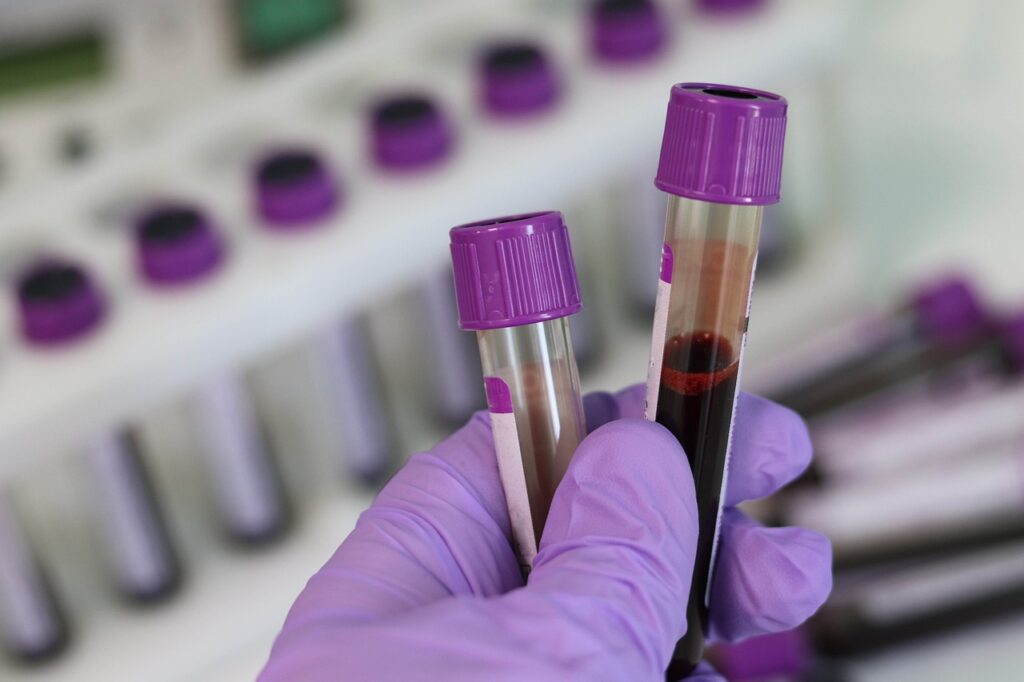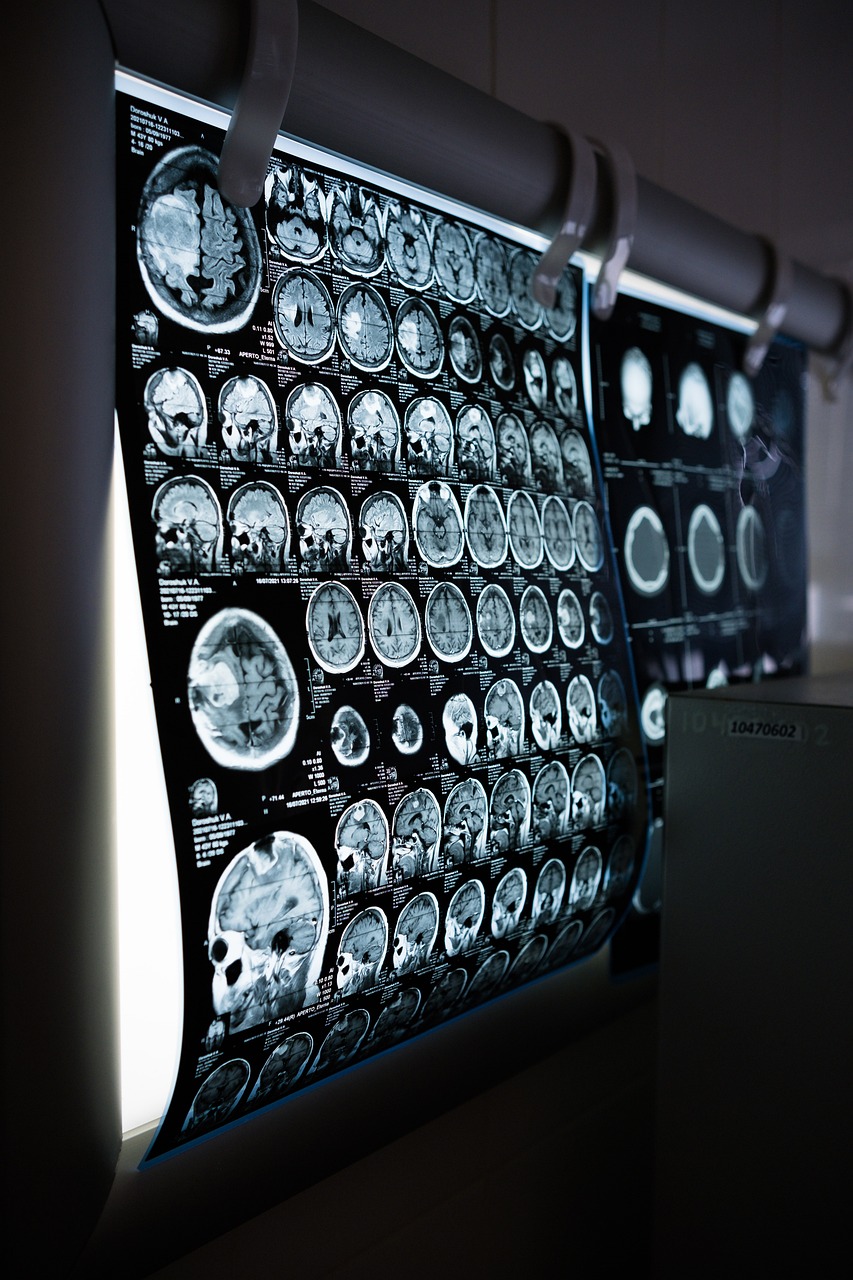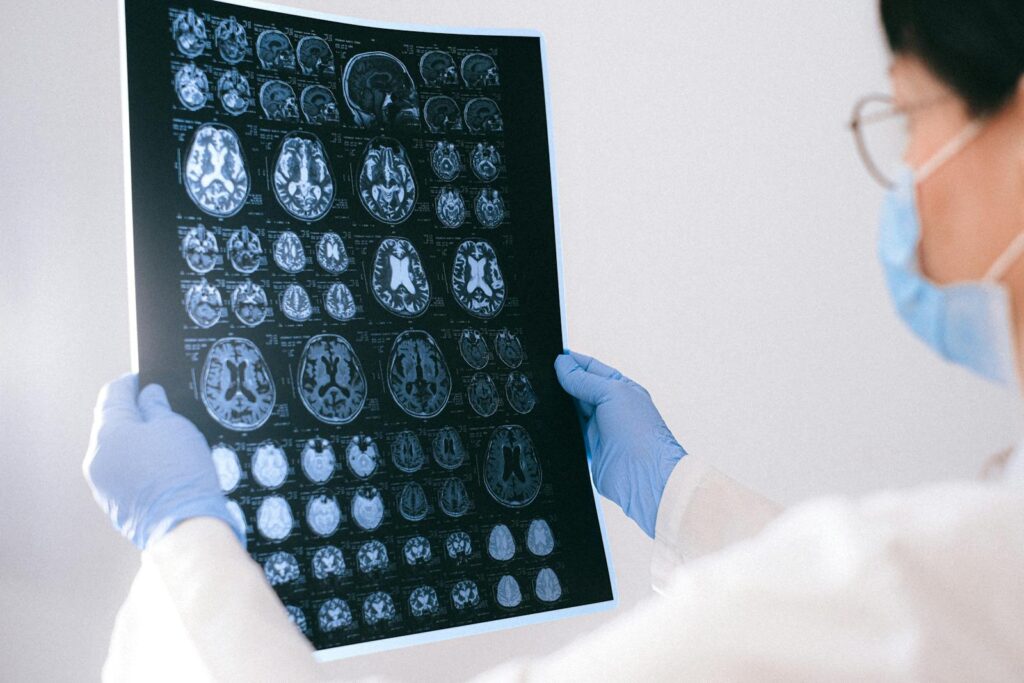Today’s post is a cautionary tale about perimenopause/menopause, and it’s my personal story. Everywhere you look these days, multiple symptoms are being attributed to perimenopause and menopause. There are a lot of common symptoms associated with the transition to menopause, and very little research that’s been done to date about this time in a woman’s life. Everyday, I listen to patients tell me about their hot flashes, night sweats, sleep issues, mood changes, weight and body changes, and I nod my head knowingly because their symptoms are SO common and frustrating, and I have them too.

If a woman is in her late 40s or early 50s and having these symptoms, they are most likely to be related to perimenopause/menopause, but midlife is also when we start to develop other diseases including diabetes, high blood pressure/hypertension, thyroid disease, autoimmune diseases, even cancer. I don’t want to be an alarmist or have every women think her symptoms are related to something sinister, but I do think women at this age need the net cast wide enough to exclude other medical issues. I’ve changed my practice to do blood tests if a woman hasn’t had any done recently in order to check her hormonal and overall health status. Her labs may not change what we do for her treatment, but I think we should be looking at the big picture of a woman’s whole health as much as we can. Gathering more information may allow us to see trends and help inform the future of menopause/midlife medicine. I usually will check cholesterol, blood sugar, blood count, chemistries, thyroid, and certain vitamins and other labs depending on symptoms. If there’s something else going on, and I don’t think it’s related to menopause or it’s not improved with our therapies, then I will recommend she see her primary or another medical specialist to make sure I’m not missing anything.For example, if a woman is having heart palpitations, I always recommend immediate evaluation with her primary doctor.

You see, I thought I was just having perimenopausal symptoms over the past couple of years. I was the right age (48-49), and I had all the symptoms: hot flashes, night sweats, anxiety, hair loss, weight gain and increasing abdominal fat, brain fog, and the 2 am insomnia, which was the worst. I started menopausal hormone therapy, and the hot flashes seemed to get better, and the sleep was better at times. The rest of the symptoms continued and progressed, especially the anxiety and sweating which was worse in the early morning, and I would have one bad night sweat and insomnia around 2-3 am, and a consistent albeit slow weight gain. My menstrual cycle stopped. My hair seemed like it was falling out more and became super curly. I had more chin hairs, but nothing drastic. My upper eyelids became more swollen at times but droopy upper eyelids run in my family. I was so busy with life that I noticed these symptoms but didn’t really think about them. I broke a bone in my foot walking the dog, and I was diagnosed with low bone density. I was tracking my blood sugars with a CGM (continuous glucose monitor) to see when my glucose spikes were in case that might help me change my eating habits and lose weight– which is a common recommendation I’ve heard from nutrition and weight loss coaches. Strangely, my fasting blood sugars were frequently higher than normal, but overall averages were normal.
Finally, I decided I was going to try testosterone to see if it would help with some of the fatigue, brain fog, anxiety, and help with my bone density, muscle mass and exercise tolerance. I had a total and free testosterone level drawn—the total was in a normal range, but the free testosterone was markedly elevated, so we reflexed it to an adrenal hormone which was double normal. Adrenal glands sit on top of the kidneys and make a lot of critical hormones that support your body’s blood pressure, help with glucose metabolism, modulate your response to stress, plus other things.
I was referred to an Endocrinologist for further evaluation.
Around that time, I just happened to take my blood pressure at home because I felt really stressed one day and had a pounding headache. My blood pressure was 160/100. I relaxed, and it came down, but I started checking it more regularly. One day at work it was 170/110 and wouldn’t come down much, so I got in emergently with my PCP’s office and was started on blood pressure medication. I felt like my body was falling apart. It seemed weird that everything would go bad at once…
Now, several months later and after multiple rounds of blood work, 24 hour urine collections, salivary tests, and an MRI, I have been diagnosed with Cushing Syndrome (CS). My cortisol levels are elevated which over time can cause all the symptoms I’ve had, plus osteoporosis, high blood pressure, diabetes, heart attack and stroke.
Cushing syndrome can have several causes. It can be caused by taking high-dose, prolonged steroids for other medical problems (chronic pain, autoimmune disorders). This is the most common cause.
CS can also be caused when our bodies make too much cortisol. This type is less common. It may be due to a tumor on the adrenal gland that produces cortisol—I’ve read that 2-9% of the population are found to have adrenal growths, but most of them are asymptomatic or nonfunctioning meaning they don’t produce hormones.
CS can also be caused by a pituitary adenoma or tumor. My pituitary hormone ACTH is elevated, so most likely my pituitary gland that sits at the base of my brain has a small growth on it—this is called Cushing Disease (CD). Other times, tumors in the lungs, thyroid, thymus, or pancreas can make ACTH that increase cortisol, but those aren’t very common. I’m now waiting to see a neurosurgeon for further evaluation, and they are reviewing my MRI images which showed some subtle findings, but no adenoma. ACTH-producing adenomas (pituitary tumors) can be quite small (millimiters) and may not be seen on imaging 36-64% of the time.
This whole process so far has taken 3 months which feels like a long time when you finally figure out there’s something medically wrong with you that’s making you feel awful, but for most people who receive the diagnosis of Cushing Syndrome/Disease, it can take years because CS/CD is thought to be rare. It primarily affects adults between the ages of 20-50, and it appears to affect women 3-10 times more frequently than men. Doctors are looking for late signs of Cushing Syndrome like significant rapid weight gain, a buffalo hump fat deposit on the back of one’s neck, stretch marks, easy bruising. I’ve been reading a lot of CS patients’ stories, and so many of these women saw multiple doctors over years and years before they were diagnosed and treated. They were just told to lose weight or put on medications to manage their other medical problems. Plus, if you’re 50 years old with diabetes or high blood pressure, a lot of docs may not look for an underlying cause. CS can be fatal if untreated due to cardiovascular disease like heart attacks and stroke or uncontrolled diabetes.
I feel fortunate to have stumbled on to my CS early, otherwise, who knows how long it would have taken to be diagnosed? I may have just kept thinking it’s menopause and midlife changes alone.


